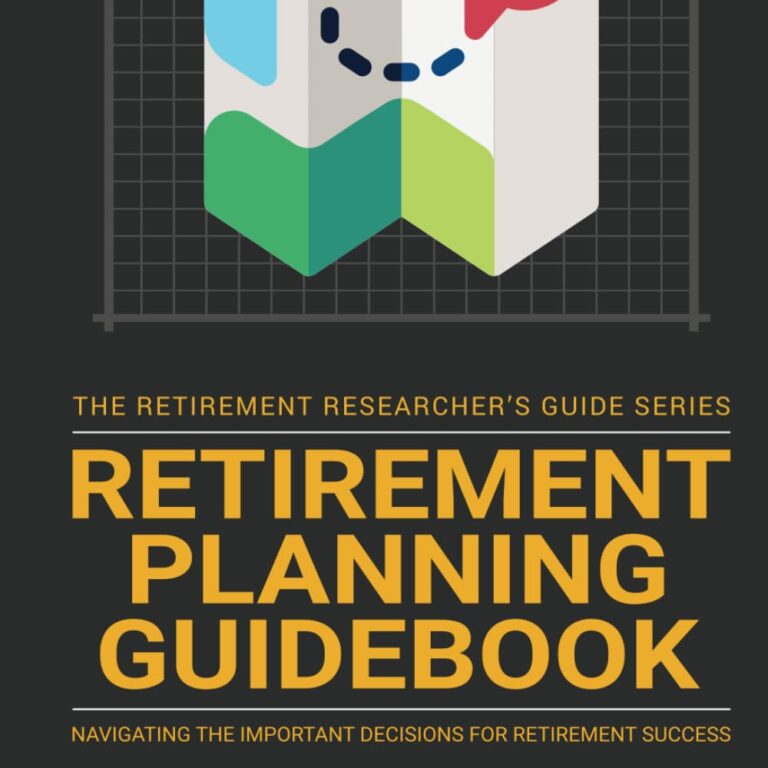Disclaimer: This article contains affiliate links, which means I may receive a small commission if you make a purchase through one of the links, at no extra cost to you. We maintain our editorial excellence by vetting all of these offers, and ensuring top quality content for our Middle Child Money Crew! This helps support the running of MiddleChildMoney.com. Thank you for your support!
Hey Middle Children Crew! Today we are exploring a topic that completely intrigues me.
Pause for effect.
Ask anyone around me…
I love bringing up the fact that I am a middle child.
There’s something about being sandwiched between the responsible oldest child and the spoiled youngest child that creates a distinct personality profile.
I married a middle child.
We are “typically wonderful peacemakers and negotiators”, according to Psychology Today.
We love reminding our families that we are the middle children.
But in all seriousness, being a middle child is a unique experience that fosters certain behaviors and habits.
#Fun
Middle children often exhibit unique financial behaviors shaped by their position in the family, which can influence their approach to investing and long-term financial goals. For example, because middle children may feel neglected or overlooked, they often develop a strong sense of independence and self-reliance.
Recommended Reading
Balanced Approach to Money
Middle children tend to have a balanced approach to money, often striking a middle ground between saving and spending. Their position in the family fosters a sense of independence and self-reliance, which translates into a focus on long-term wealth building. Many middle children grow up to be avid savers, understanding the importance of financial security and often prioritizing saving over impulsive spending.
Some extra fund reading with After-Tax Wealth Management about Middle Children & Money.
Difficulty with Strict Budgets
However, middle children may struggle with strict budgets due to their desire to stand out. Having grown up competing for attention, they might be inclined to spend on the latest trends or experiences to get noticed. This tendency can occasionally lead to financial difficulties if not kept in check. Their outgoing personality and need to be noticed can sometimes result in overindulgence in gift-giving or spending on social events.
Generosity and Financial Support
One of the most notable traits of middle children is their generosity. They are often the most giving family members, sometimes lending or giving away money even when they can’t afford to. This stems from their empathetic nature and desire to please others, which can sometimes lead to prioritizing others’ financial needs over their own. Middle children often find it hard to say no when asked for financial help, which can strain their own finances.
Extra Resource from the Law Firm of Kevin Judd. They have an article called, “Does Being a Middle Child Affect Your Financial Decisions?“
Openness to Risk in Investments
When it comes to investing, middle children tend to be more open to risk. They might allocate a larger percentage of their savings to stocks compared to their siblings, reflecting their adaptable and flexible nature. This willingness to take calculated risks can potentially lead to higher returns over time. Their relaxed attitude towards money can sometimes translate into an aggressive investment mindset, which can be beneficial if managed wisely.
Career Choices and Financial Impact
Middle children are often drawn to public service and caretaking jobs, which can impact their financial situation. While these careers may offer lower salaries, they often come with good pension plans, reflecting the middle child’s tendency to balance immediate needs with long-term security. Their career choices often align with their empathetic and caring nature, even if it means sacrificing higher income potential
Negotiation Skills
As natural mediators, middle children often excel at negotiating, which can be a valuable skill in financial matters. They might be adept at haggling prices, negotiating salaries, or finding compromises in financial disputes. This skill can serve them well in various financial situations throughout their lives, helping them to manage their money more effectively and make better financial decisions
Social Spending
Middle children’s social nature can influence their spending habits. Their desire to keep everyone happy may lead to higher spending on social activities and events. While this can foster strong relationships, it’s important for middle children to balance social spending with their financial goals. They need to be mindful of not letting their social obligations derail their financial plans.
Self-Reliance in Financial Education
In terms of financial education, middle children might have to be more self-reliant. With parents often focused on teaching the oldest child or protecting the youngest, middle children may need to take initiative in learning about money management. This can lead to a more independent and self-taught approach to finances, which can be both a strength and a challenge.
Wise Bread provided a great article called The Surprising Way Birth Order Decides Your Money Habits.
Creative Problem Solving
When faced with financial challenges, middle children often display creative problem-solving skills. However, this creativity can sometimes lead to short-term fixes rather than addressing the root cause of financial issues. For example, they might shuffle debt between credit cards instead of tackling the underlying spending problem. It’s important for middle children to develop sustainable financial strategies rather than relying on quick fixes.
Long-Term Financial Goals
To make the most of their financial tendencies, middle children should focus on being honest about their financial situation and avoid overspending to compete with siblings. They should learn to prioritize their own financial stability while maintaining their natural generosity. By leveraging their balanced approach, risk tolerance, and negotiation skills, middle children can develop strong financial habits that serve them well throughout their lives. Embracing their unique strengths and addressing their financial challenges can help middle children achieve long-term financial success.
Conclusion
In conclusion, the financial behaviors of middle children present a unique blend of strengths and challenges that significantly influence their approach to money management and long-term financial planning. Their balanced perspective, openness to calculated risks, and strong negotiation skills position them well for making sound financial decisions and pursuing long-term investment strategies. Middle children’s natural inclination towards saving and their ability to strike a balance between immediate needs and future security often translates into a solid foundation for wealth building.
However, these positive traits are counterbalanced by potential pitfalls. Their desire for attention can lead to overspending, while their generous nature might result in prioritizing others’ financial needs over their own. Additionally, their social spending habits and tendency towards creative but sometimes short-term financial solutions can pose challenges to their long-term financial health.
The key for middle children lies in leveraging their strengths while being mindful of their weaknesses. By embracing their balanced approach to finances, harnessing their risk tolerance for smart investments, and utilizing their negotiation skills, middle children can create robust financial strategies. At the same time, they need to guard against excessive generosity and social spending, ensuring they prioritize their own financial stability.
Ultimately, middle children have the potential to be highly effective money managers and investors. By developing self-awareness about their financial tendencies, seeking continuous financial education, and maintaining a focus on long-term goals, they can navigate the complexities of personal finance successfully. With the right approach, middle children can turn their unique position in the family dynamic into a powerful advantage in building lasting financial security and achieving their long-term financial aspirations.
Disclaimer
The content provided on Middle Child Money is for informational and entertainment purposes only. We are not licensed financial advisors, and the information shared on this blog should not be considered professional financial advice. We encourage all readers to consult with a licensed financial professional to discuss their individual financial situations and needs. The opinions expressed on this blog are solely those of the author, Nate Bradley, and do not reflect the views of any affiliated organizations. Middle Child Money cannot be held liable for any actions taken based on the information provided on this site.
Investment Strategies for 2025: Navigating Markets in the New Trump Era
Legal Disclaimer:The information provided in this article is for general informational and entertainment purposes only. It should not be considered as financial, investment, legal, or tax advice. The content presented is based on the author’s opinion and understanding of the current economic climate and market conditions as of the date of writing.This article does not […]
Ultimate Tax Preparation Guide 2025: 8 Proven Strategies to Maximize Your Family Budget and Minimize Tax Liability
As we approach the 2025 tax season, it’s more important than ever for families to start planning early and strategically for their income tax preparation. The landscape of taxation continues to evolve, with new regulations and opportunities emerging each year. This comprehensive guide is designed to help you navigate the complexities of tax planning, with […]
10 Smart Family Financial Goals for 2025: A Comprehensive Guide to Financial Success
Welcome to 2025, a year full of financial possibilities for your family! As we embark on this new journey, it’s crucial to set clear financial goals. This guide will help you navigate the path to financial success in 2025 and beyond. Recent studies show that families who proactively plan their finances are 67% more likely […]














